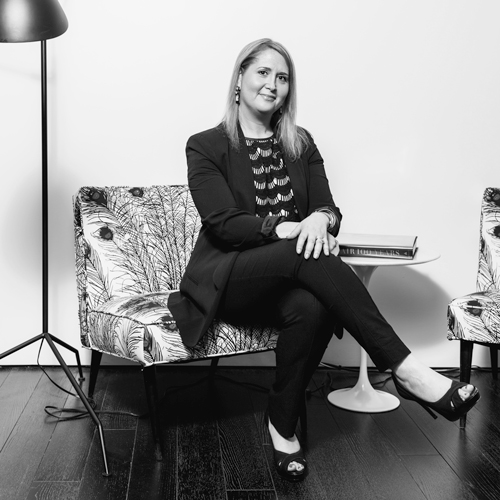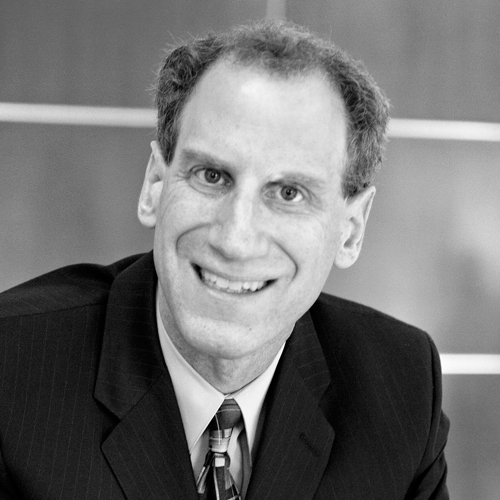Modern Counsel: As the two largest food service companies, US Foods and Sysco are natural competitors. What has it been like to work with your former competitor?
James Pyle: From the legal perspective, all of the lawyers are working toward the same goal, to facilitate the merger, so that fosters teamwork and collaboration. Because there is so much work involved in just closing a transaction, sometimes you aren’t sensitive enough to the fact that the employees are facing some really tough issues, like the fear of losing their jobs or other opportunities, moving to a new city, or adjusting to a new culture or way of doing things. And these are the very people you are asking for help—help that is most likely outside of their normal duties. Even if it ends up being a good opportunity for them, change is scary, and people will remain nervous until everything is settled.
MC: As the company being acquired, are you dealing with uncertainty about how the merged legal department will look?
“I think it is extremely important, especially during times of transition like this, to be totally transparent.”
JP: If the transaction goes through, it’s likely that the corporate attorneys will move to Sysco’s headquarters in Houston from our current location in Rosemont, Illinois. Some attorneys have left. Some didn’t like that prospect, didn’t like the uncertainty. Some looked at the structure of Sysco’s legal department and thought they would become redundant. That could happen for me, too. Sysco has attorneys who work on some of the things I work on, like Securities and Exchange Commission issues, mergers and acquisitions, and corporate debt, so my role would likely have to change for me to have a position in a merged company. Sysco uses a lot of outside counsel, and the plan is to combine the two legal teams and bring much more work in-house, so it is likely there will be an increase in the number of lawyers, which means there may be new opportunities.
MC: How do you motivate your team to continue performing at their best in the interim?
JP: It hasn’t been easy. Everyone who has left continued to do an incredible job up to their last day. Everyone is very engaged; no one is dialing it down. I think that’s a compliment to the team we’ve assembled and to our general counsel, Juliette Pryor. She is a really good leader and has been a great mentor—and you don’t want to disappoint your mentor. The legal market is small. You want to do a good job for yourself and your company (or law firm) and keep your network strong.
MC: How has management handled the fear of uncertainty?
JP: I think it is extremely important, especially during times of transition like this, to be totally transparent. And [Pryor] has been. When someone is honest with you about what is going on, you respect that person and want to do a good job for them. In fact, since the merger plans were first announced, one could say there has been too much transparency. We’ve had meetings when there wasn’t anything new to report. But people appreciate communication, and it makes them feel they’re being told everything. Over-communication is definitely better than under-communication.
MC: What has working on this deal taught you?
JP: I acquired two businesses when I was with Allstate, worked on many M&A deals when I was a law firm associate, and helped negotiate the purchase of 14 other food companies since joining US Foods, but this is the first time I’ve been part of the acquired company. Going through this has definitely made me more empathetic to all of the affected parties and more aware that the people helping to close the transaction may be uneasy about the effects the closing may have on them.


